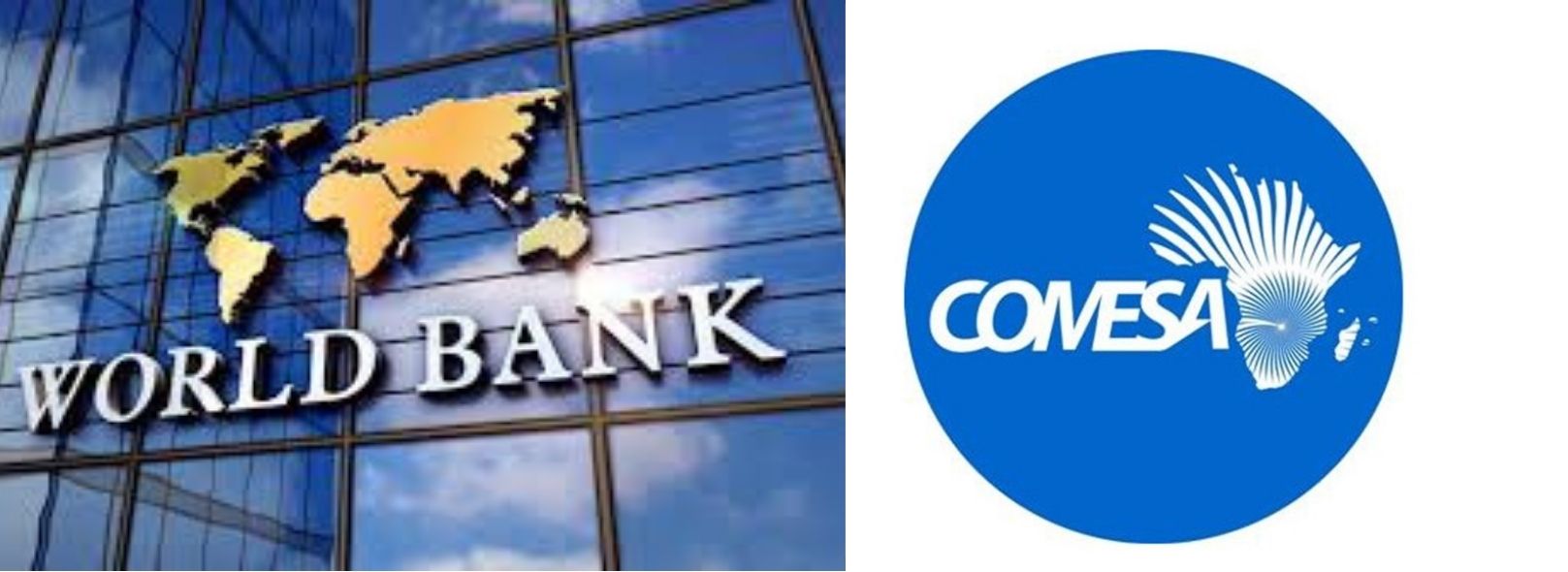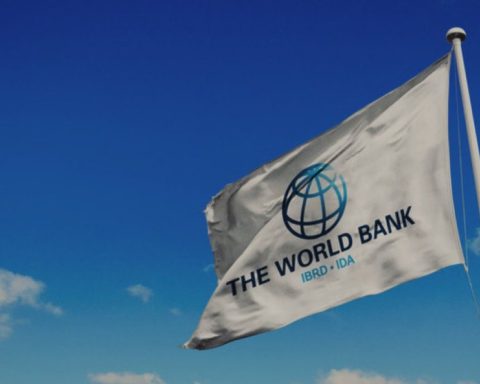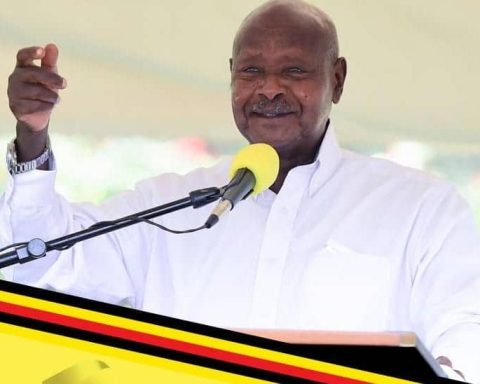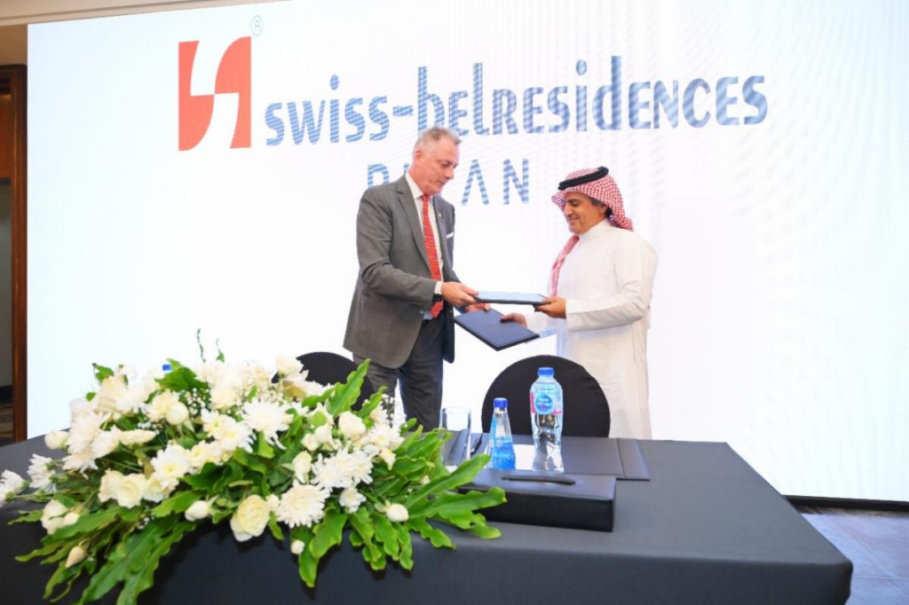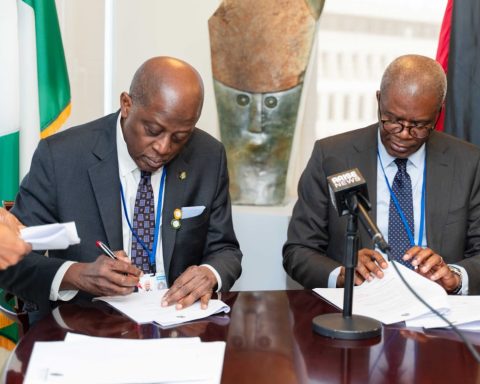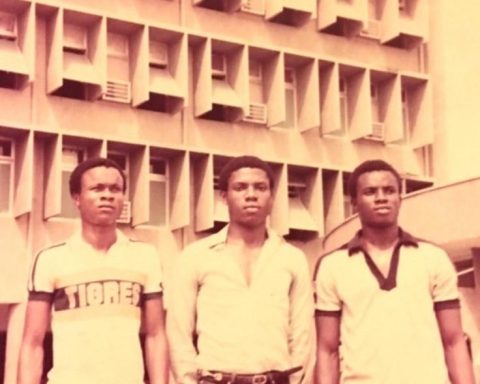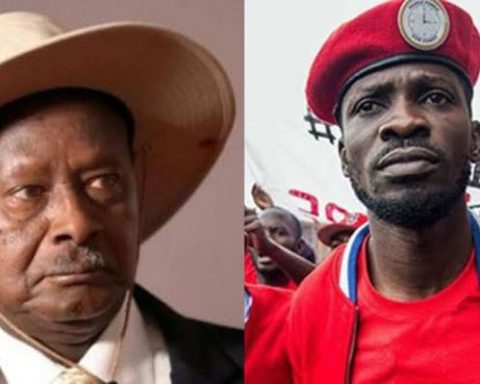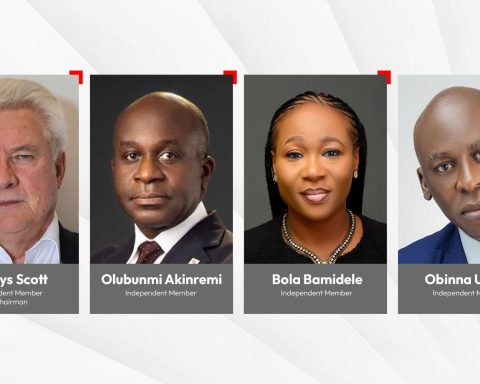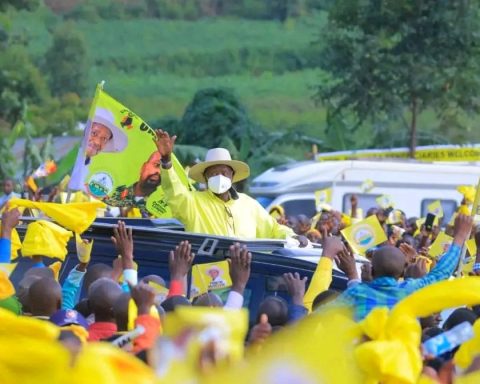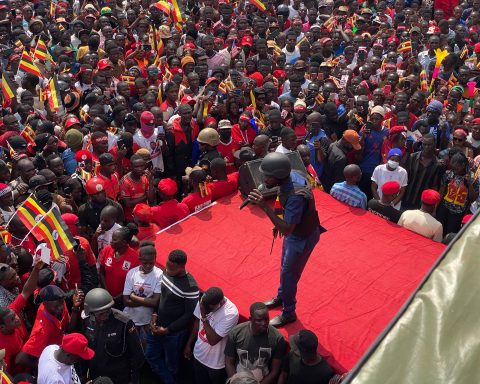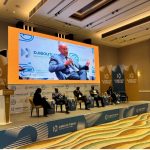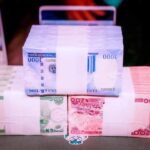The World Bank, in collaboration with the Common Market for Eastern and Southern Africa (COMESA), has launched the Accelerating Sustainable and Clean Energy Access Transformation (ASCENT) project, a $15 billion initiative aimed at connecting 100 million people to both grid and off-grid energy across 20 countries in Eastern and Southern Africa over a seven-year period.
The ASCENT project, launched in Zambia’s capital Lusaka on Tuesday, aims to increase access to sustainable and clean energy, including on-grid and off-grid electricity solutions and clean cooking. The project was inaugurated by COMESA Secretary General Ms. Chileshe Mpundu Kapwepwe and World Bank Director of Regional Integration for Africa, the Middle East, and North Africa, H.E. Ms. Boutheina Guermazi.
Join our WhatsApp ChannelSub-Saharan Africa remains the least electrified region in the world, with 567 million people lacking access to electricity. This means around half of the continent’s population cannot power home appliances or run businesses. Over the past decade, only Angola and Botswana among Southern African countries have been spared from widespread power cuts, according to a global risk analysis by Crisis24.
South Africa, Africa’s most industrialized economy, experiences blackouts of up to 10 hours a day, leading citizens to rely on generators. A 2023 report highlighted that countries like Tanzania, Zambia, and Zimbabwe suffer power outages due to drought conditions. One of the core issues contributing to Africa’s electricity crisis is the significant mismatch between demand and supply, exacerbated by increasing urbanization, economic growth, and a rapidly growing population.
Speaking at the launch, Ms. Boutheina Guermazi emphasized the importance of reliable and affordable energy access. “Ensuring access to reliable and affordable energy for all is a key element of the World Bank Regional Integration Strategy for Africa. It is essential to strengthen regional integration, boost trade in goods and services, enable digital transformation, attract investments, and facilitate the faster flow of knowledge and innovations.”
Ms. Chileshe Mpundu Kapwepwe, Secretary General of COMESA, highlighted the multifaceted approach needed to tackle the energy challenge. “Financial resources are essential, but they are not sufficient on their own. We need a holistic approach to the energy challenge that includes support to policy and legal reforms, technical assistance, capacity building, and outreach activities. I am glad to note that all these aspects are embedded in the design of the ASCENT Project.”
READ ALSO: World Bank, AfDB Partner To Provide Electricity For 300 Million Africans By 2030
Zambia’s Minister of Energy, Peter Kapala, commended the project and reaffirmed the government’s support for sustainable solutions to the country’s energy challenges. “With the growing demand for energy and the current electricity deficit, energy transitions require concerted efforts in building resilient and consolidated programs that protect humanity. I am happy to note that this program aligns with the government’s aspiration to improve the livelihoods of Zambians and the regional trade bloc through increased access to sustainable energy and energy services, as energy underpins social and economic development.”
On how the project will be financed, the project coordinators explained that ASCENT would leverage a proposed International Development Association (IDA) envelope of $5 billion to demonstrate the World Bank’s commitment to achieving Sustainable Development Goal 7 (SDG7) in the Eastern and Southern Africa region. This will mobilize an additional $10 billion from development partners, governments, national utilities, private-sector and commercial funders, carbon markets, climate and other impact-oriented financiers, and philanthropic and other partners. According to the World Bank, the project is set to expire on December 31, 2030.


